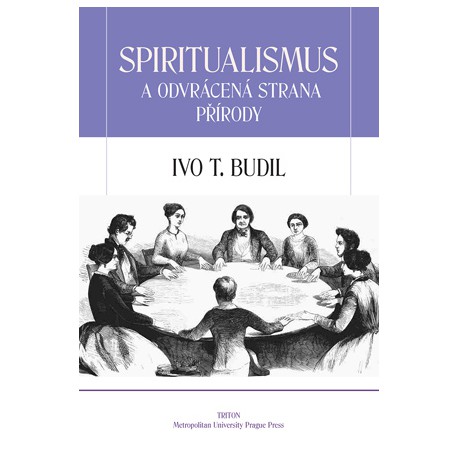No products
Data sheet
| Author | Budil, Ivo T. |
| Year of publication | 2017 |
| Publisher | Metropolitan University Prague Press, Triton |
| ISBN | 978-80-87956-71-7 (MUP), 978-80-7553-519-1 (Triton) |
| Print run | 50 ks |
More info
Spiritualism was a pseudo-religious, moralistic movement aimed at progressives and its rise and popularity were characteristic of the period between the 1850s and the 1920s. The expansion and widespread embrace of Western spiritualism at the turn of the twentieth century - at the very start of the era when modern science became the undisputed authority over human knowledge - can be viewed critically as a sign of cognitive dissonance, which is an intellectual response to the coexistence of contradictory and incompatible ideas. In order to understand the vigour and attraction of the spiritualist movement among the educated classes of the Western world, we have to observe its roots in the rise and development of early modern Cartesian and Enlightenment thinking. In the new modern secular world, traditional religious institutions were losing their traditional symbolic power; religious millenarianism had been replaced by social utopianism; and the hermetic and occult sciences had been sidelined - in spite of occasional passing waves of interest - by the new epistemological culture of scientism. This was a unique historical configuration, which allowed for the intellectual cohabitation of science, utopia and spiritualism before the rise of psychoanalysis and the political hegemony of a modern secular ideology that did not need an additional "spiritual" partner. In my interpretation of the rise and eclipse of the spiritualist movement, I am inspired by the concepts and methodology of universal Darwinism, which assumes that cultural artefacts and ideas can be successfully propagated and reproduced socially if they offer a greater degree of adaptability and more benefits and intellectual, existential or emotional satisfaction to their adherents.


